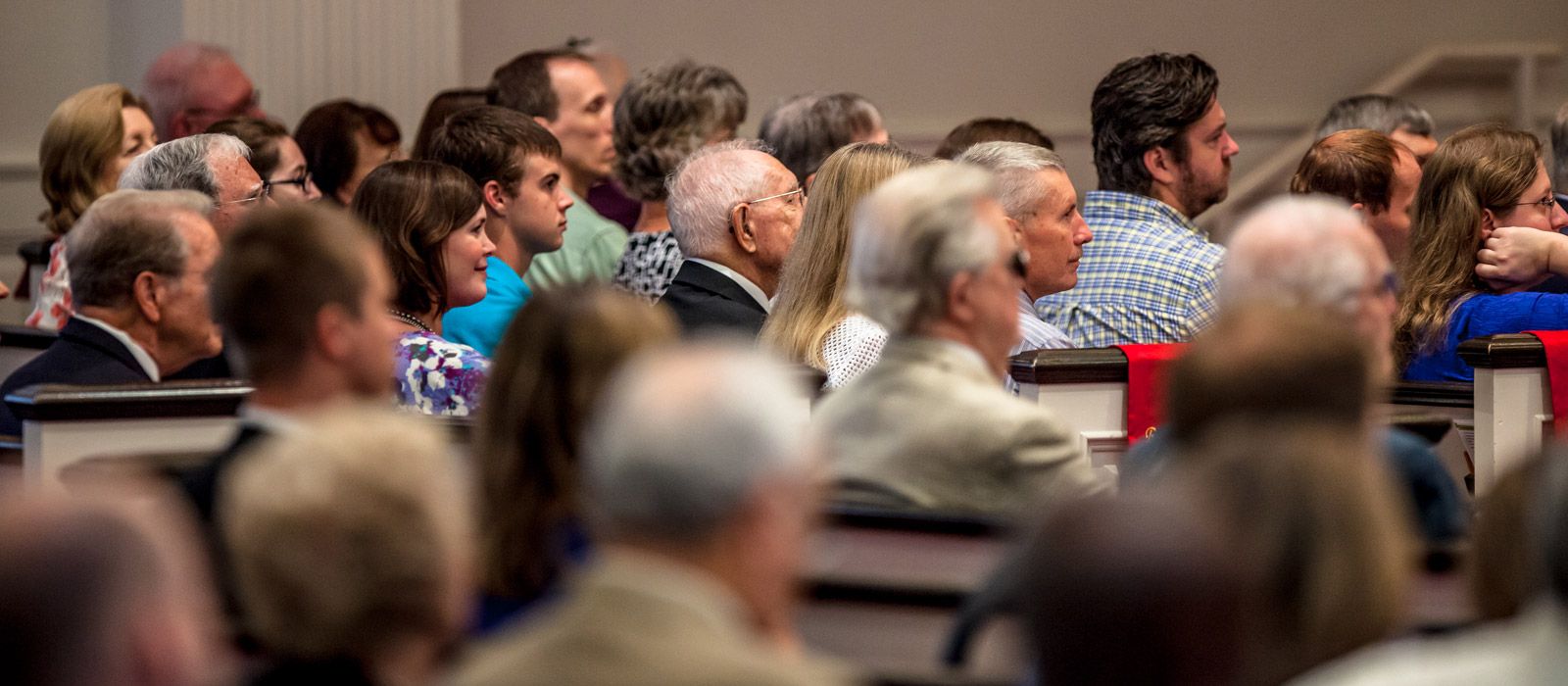Statistics to Solutions
Every 33 seconds, a child is born into poverty. In Florida, a child is abused or neglected every 11 minutes. 21% of children are poor. 42% of children are enrolled in a school lunch program. 64% of fourth graders read below grade level. 62% are below grade level in math. Only 70% of high school students graduate. Coincidentally, 70% of prisoners today read at less than a 9th grade reading level.
The faces behind these statistics converge in our local public schools. Pundits and preachers blame these alarming numbers on everything from poverty and race to families, sin, and God.
Aside from the sound bites and applause lines, one solution passes the test and changes the lives of children. School and
community-based mentors make a difference one child at a time by offering the gift that everyone can give: time. Mentoring works because a caring adult establishes a relationship with a child who does not have this kind of support in his or her family system. The mentor crosses the barriers of race, economics, and literacy. Through the common kinship of the heart, he or she provides help when a child or teenager needs love the most.
Published reports indicate that when a child is in a one-to-one relationship, they are 46% less likely to initiate drug use; minority children are 70% less likely. They are 27% less likely to initiate alcohol use, 1/3 less likely to hit someone, and their days attending school increased 50%, skipped fewer classes, and their grades increased.
When I met with Superintendent Jackie Pons in April, I asked him what he needed the most from First Baptist. His answer: mentors. Our missions committee commissioned a group that recommended we adopt a school less than 5 miles from our church: Sabal Palm Elementary. They are in our neighborhood.
Principal Ray King has delayed retirement in order to help turn around this school. According to their 2011-2012 test scores, 36% of students read at grade level. 51% of students are proficient in math. In science 32% of students score satisfactory or higher. Every student is on the free or reduced lunch program.
We have an incredible opportunity to do something in the name of Jesus to transform lives. We know it takes more than math scores and reading books for a family turn around. These challenges provide an open door into the lives of children and households.
Paul Lambert and Lisa Eikeland are co-chairing the team. Rhonda Smith is our staff liaison. We go not to proselytize but to participate alongside educators in the ways they need us. We will volunteer, serve hot dogs, read, play basketball, tutor, and assist.
Everyone wants to wake up at the end of their lives and say, “I made a difference in the life of one person outside of my immediate family of origin.” Together we can change statistics into solutions.

